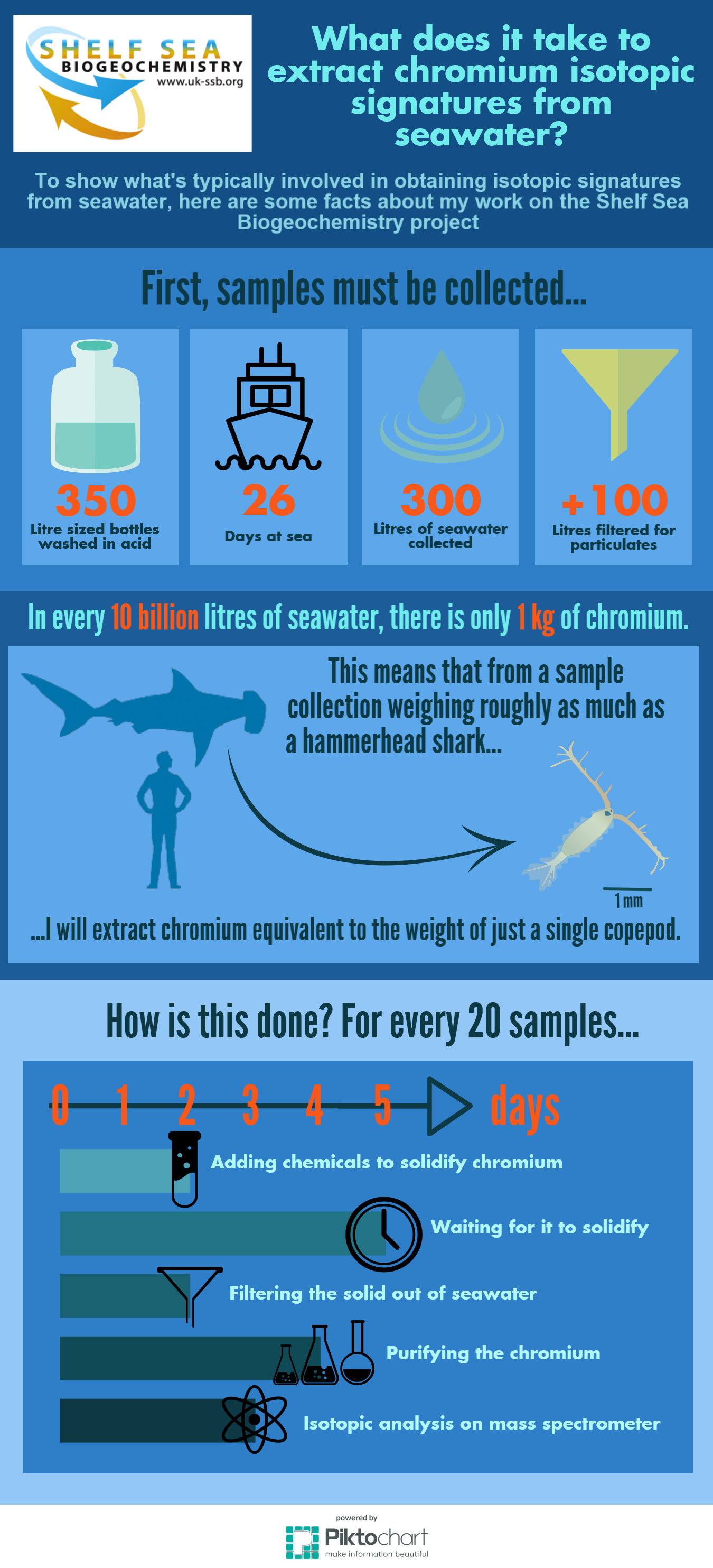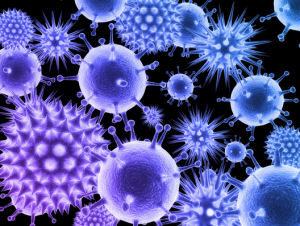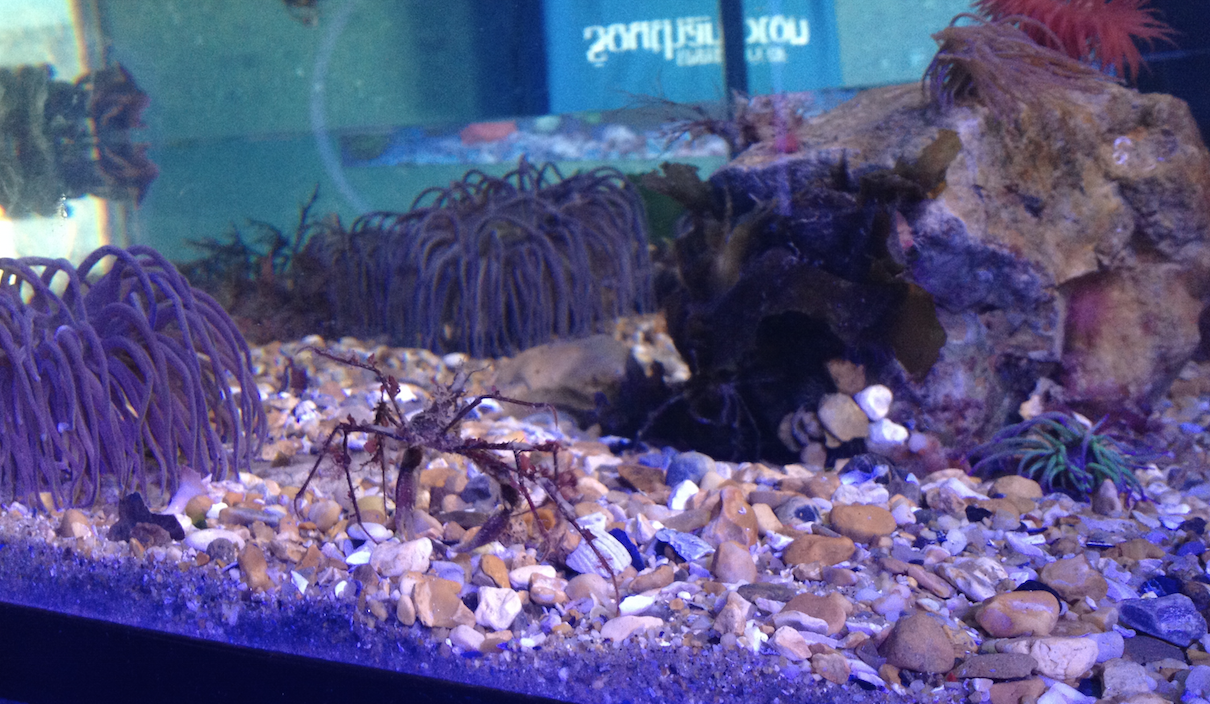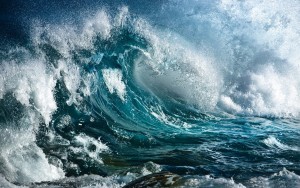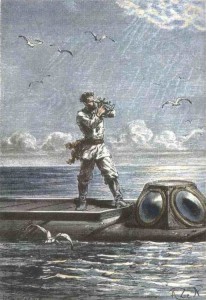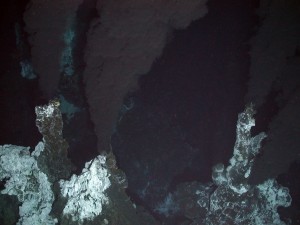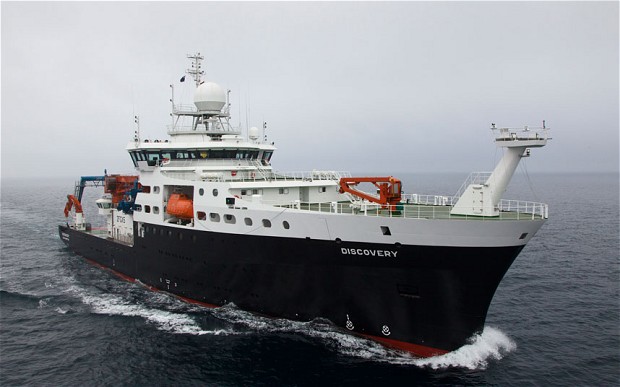
My Research, Part 2
Hi everyone! My name is Heather and I’m studying chromium isotopes in seawater for my PhD. There is only a tiny amount of chromium in seawater, but its isotopes behave in an interesting way when exposed to different levels of oxygen. This behaviour might be useful as an indirect measure of oxygen levels in the oceans or atmosphere, so it is hoped that chromium stored in sediments can be used to find out more about past climates. You can find a more detailed introduction to my research here.
Continue reading →

